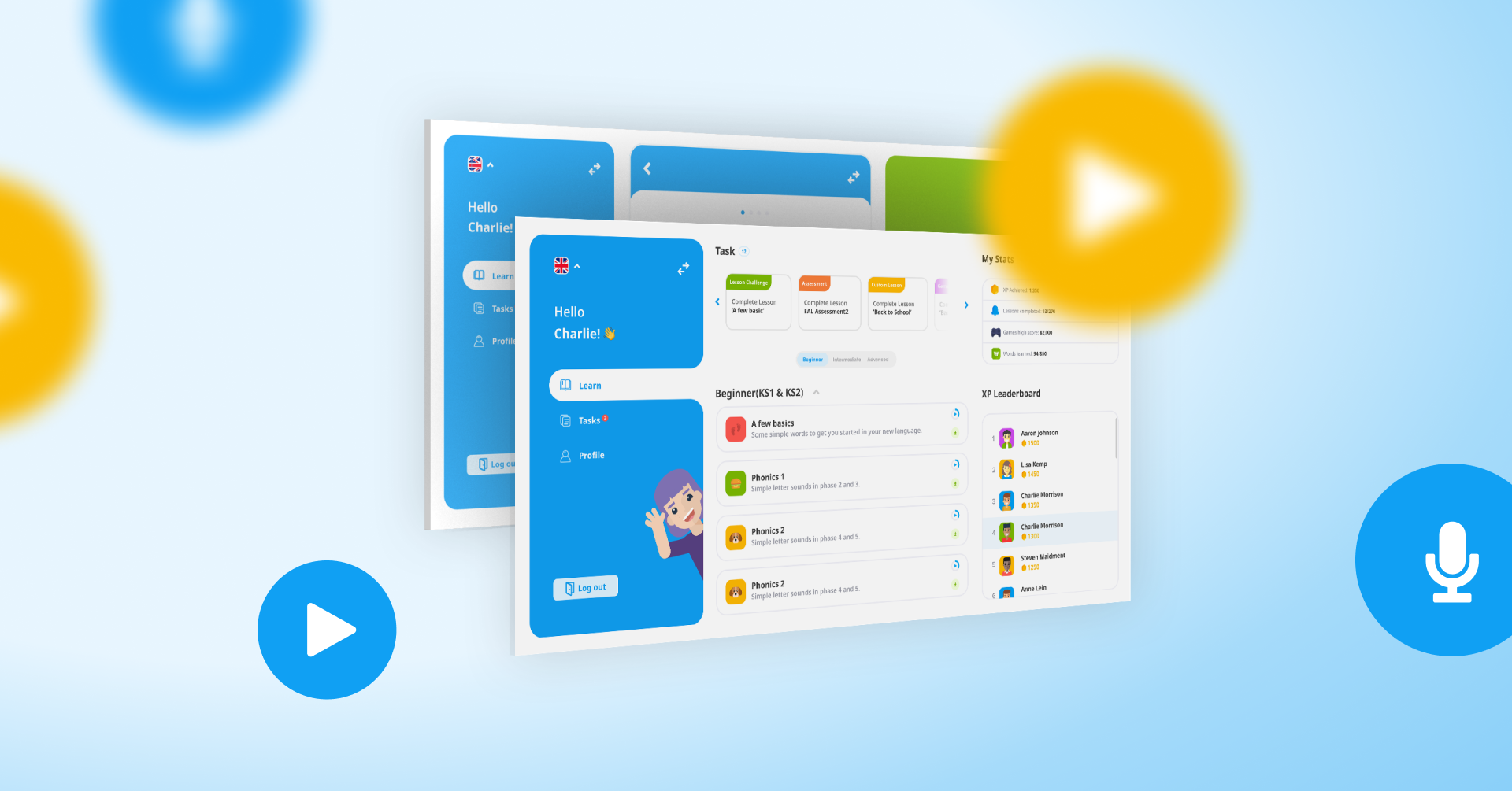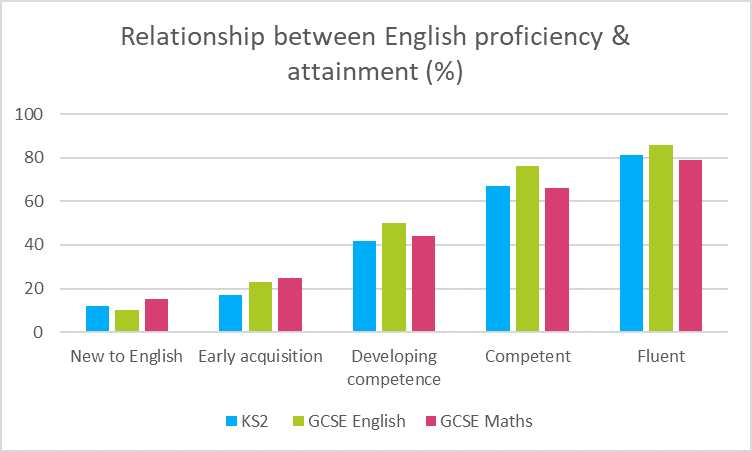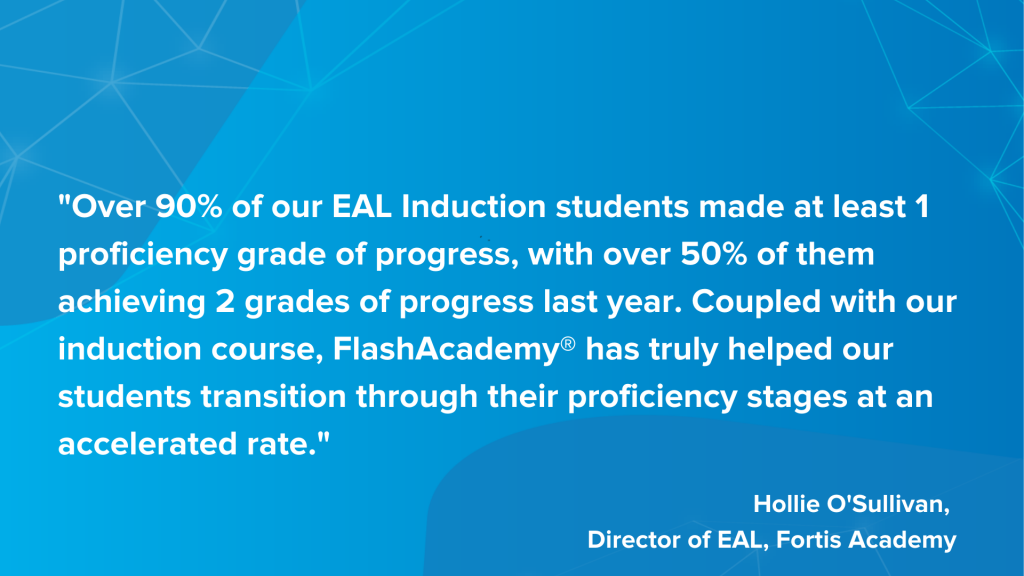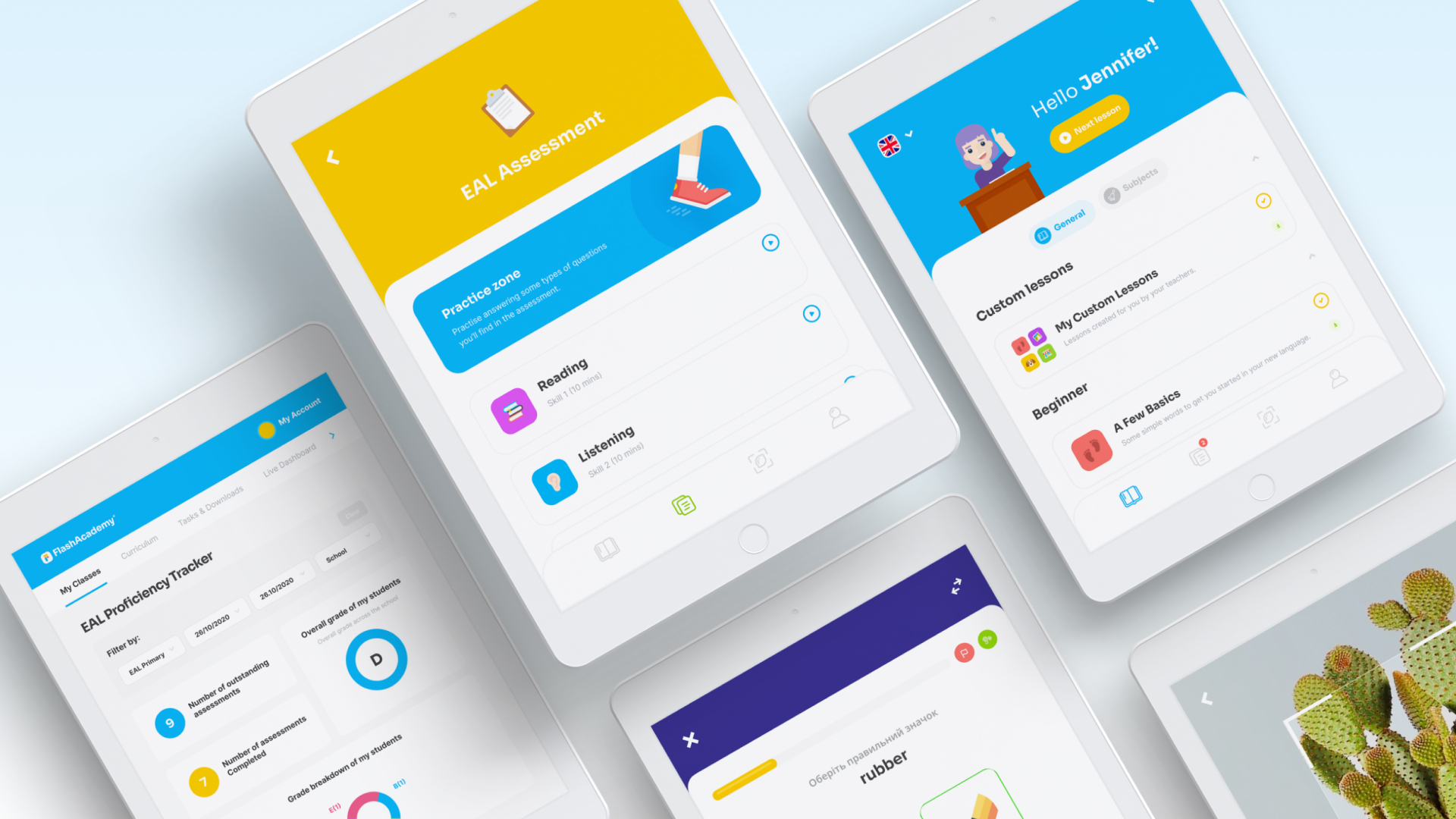

Social distancing, year group bubbles, staggered pick-up, and drop-offs. It’s been an unusual Back to School, to say the least! But the challenge and concern around getting back into routines safely now come with the added pressures of ‘catch-up’ learning and targeted support. With the EAL attainment gap already widening between pupils and their native-speaking peers, as reported by the Education Policy Institute last month, now more than ever it is crucial to get the support right.
We look at what the research by EPI is telling us about EAL attainment, as well as the DfE’s English Proficiency of EAL pupils report from February, and how the effects of lockdown will exacerbate the findings.
Summary of Education in England Annual Report 2020
The attainment gap has stopped closing for the first time in a decade, and the stalling of the gap occurred before the COVID-19 pandemic had impacted the education system. The report examines the gap at a local level, across school subjects and among different pupils, including those classified as EAL.
Research shows the gap has widened significantly over the last decade for pupils with EAL arriving late in primary and secondary school. At the end of primary school, late arrivals are staggeringly 15.5 months behind native English speakers; at secondary, they are 20.7 months behind. The gap is particularly large for Gypsy/Roma pupils, who are nearly three years behind by the end of secondary school. [You can read more about supporting Roma pupils effectively in another blog post here.]
The stage at which EAL pupils enter the English education system is key; the later they enter, the more disadvantaged they are, due to their proficiency in the English language.
Summary of DfE Proficiency Report
Research by the DfE released earlier this year shows how EAL proficiency significantly affects attainment across the curriculum. Between Spring ‘17 and Spring ‘18, 77% of pupils assessed stayed at the same proficiency band and 18% of EAL pupils went down a grade between primary and secondary.

On average, it takes pupils 7.30 years in English schooling to achieve fluency and 5.8 years to be competent. Based on this research, pupils are far off reaching the attainment of their native-speaking peers.
How FlashAcademy® can help
School closures have had a huge impact on pupils with EAL, especially late arrivals & learners with low levels of proficiency. With limited or no access to sufficient models of English, and fewer opportunities to engage with the language socially, EAL attainment is now likely to be even further behind than what was reported by EPI researchers and the DfE.
Providing English language learning from 45 languages, on all devices, FlashAcademy® accelerates English language acquisition three times faster than the national average reported by the DfE:

The digital platform helps pupils acquire specific curriculum English as well as every-day vocabulary, enabling them to achieve across all school subjects and develop their social connections. FlashAcademy® provides schools with a complete remote learning strategy, helping teachers fully track pupil progress and supporting pupils to outperform typical rates of progress.
Lessons such as Wow Words and Fluency Boosts provide targeted error correction with instant feedback so pupils can catch up with tricky aspects of grammar and spelling independently without teacher intervention. Our free resources, including Fluency Boost Beginner, Fluency Boost Intermediate, and the Back to School Pack will help pupils settle back into routines and refamiliarise with some of the English language skills that may have been lost during lockdown.
If you’re looking to help pupils learn English faster, and more independently, then sign up for a free trial to the FlashAcademy platform today!

